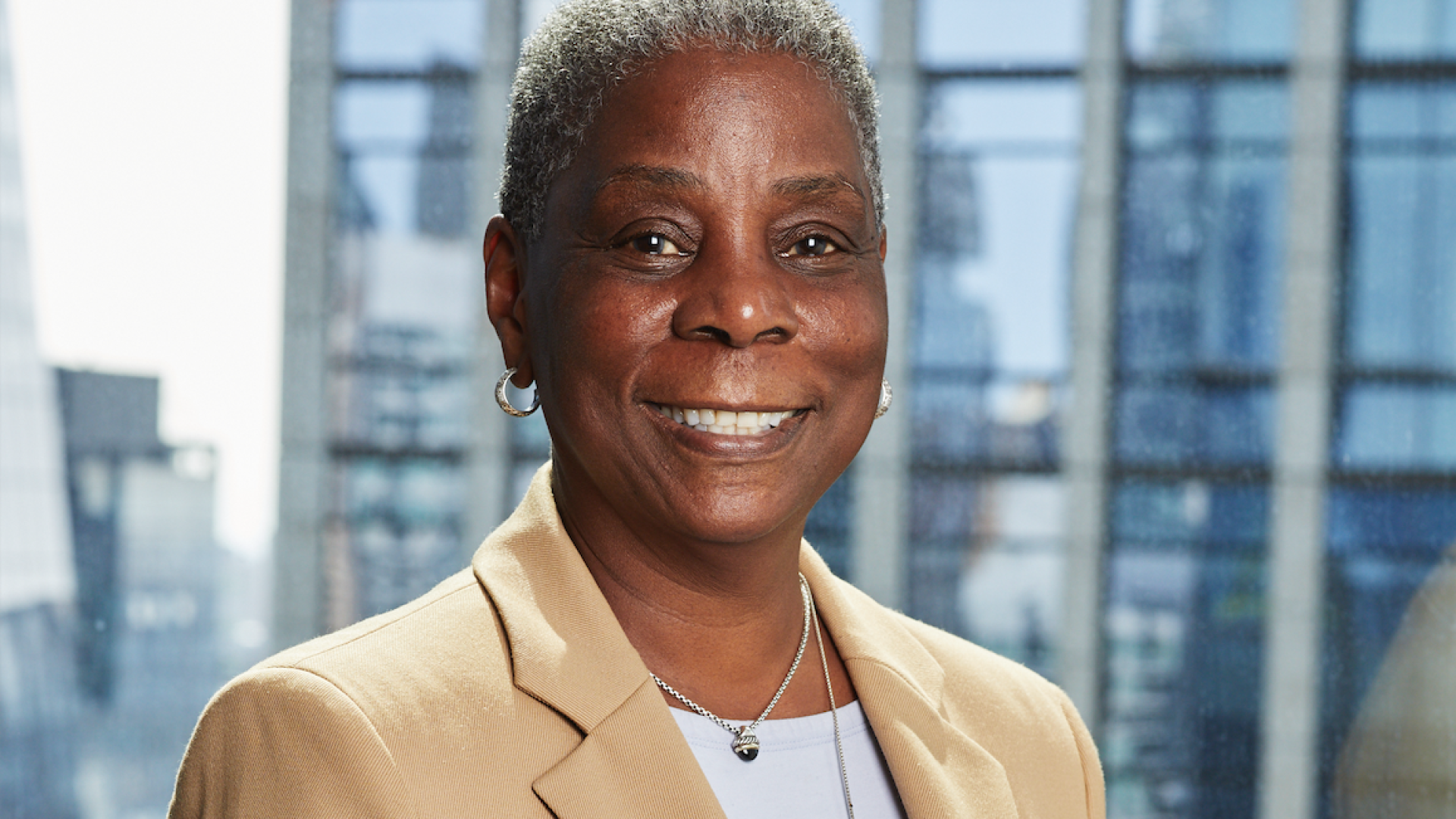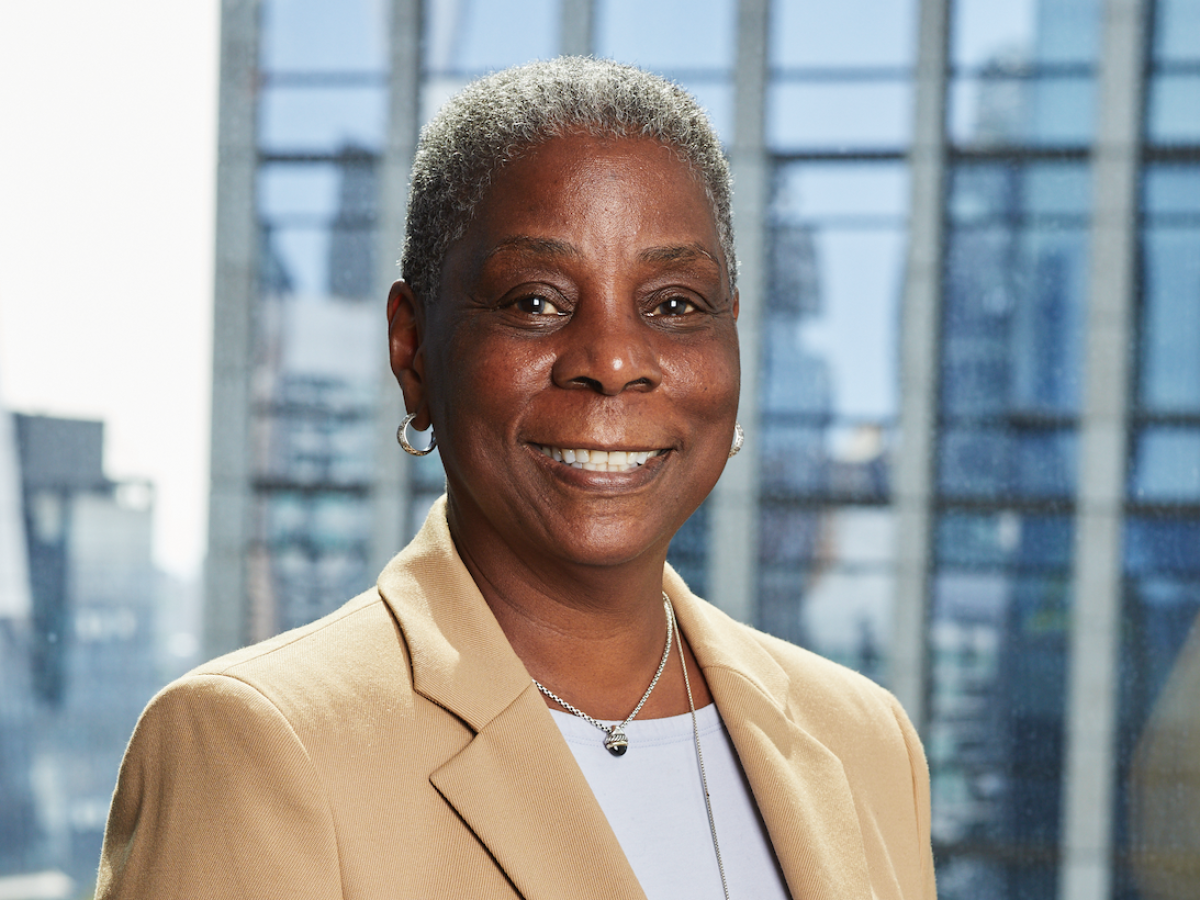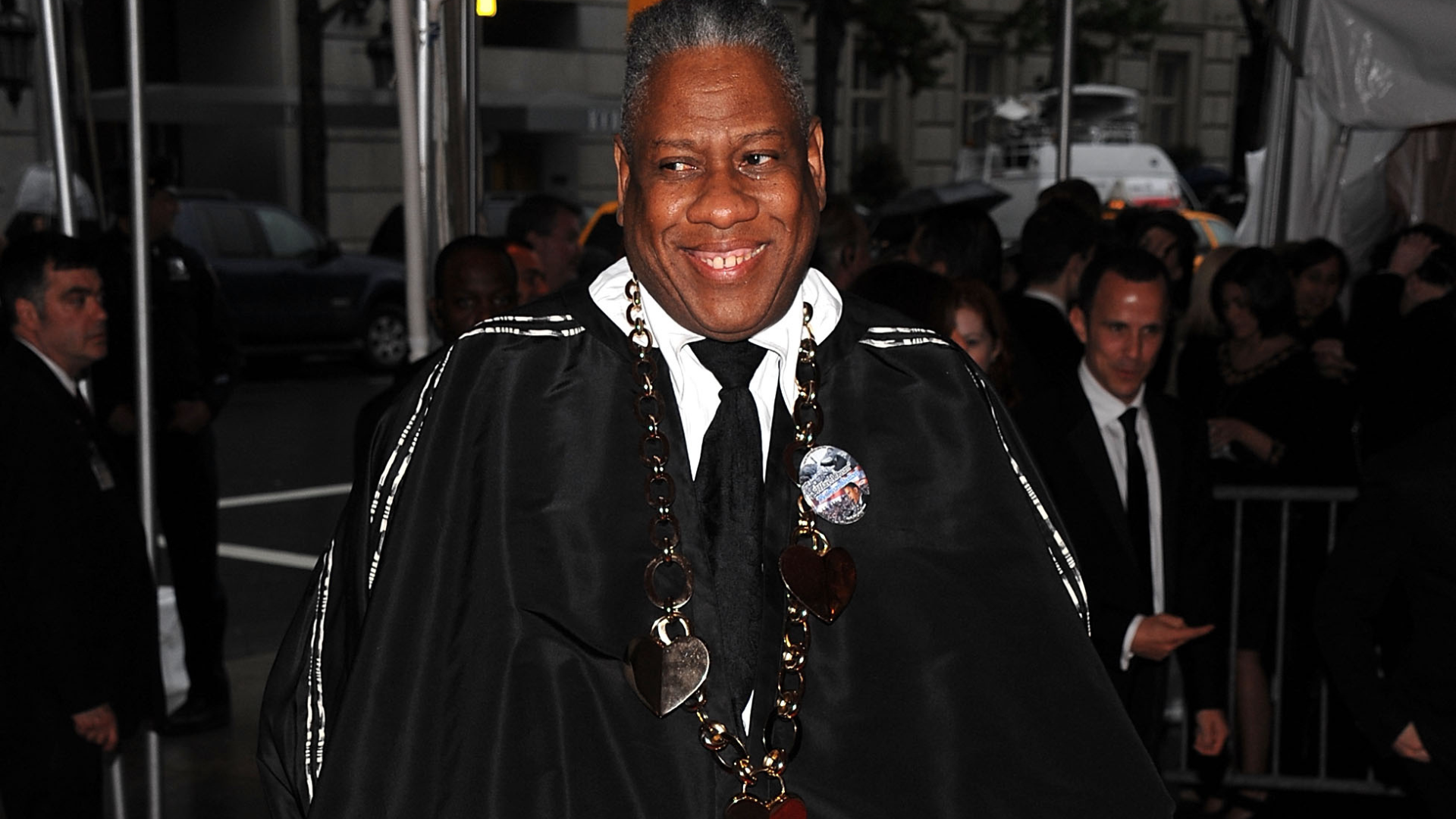What Ursula Burns Taught Me About The Real Work Behind Success
I don’t often find myself in awe after hearing someone speak. It’s not that there aren’t brilliant presenters out there, but when you’ve sat through enough conferences, the messages can […] The post What Ursula Burns Taught Me About The Real Work Behind Success appeared first on Essence.


I don’t often find myself in awe after hearing someone speak. It’s not that there aren’t brilliant presenters out there, but when you’ve sat through enough conferences, the messages can start to feel more aspirational than actionable (especially when coming from the rich and/or famous).
But every once in a while, someone shifts your entire perspective. For me, that person was Ursula Burns.
I had the pleasure of seeing her speak at the Black Enterprise Women of Power Summit back in 2013, in what was one of my first on-staff editorial roles (yes, we have come a long way since those early career days). Now over twelve years later, I still mark it as one of the most >she told CNBC.
She joined Xerox as a summer intern in 1980. And then she stayed. For nearly 30 years, she worked her way through corporate services, manufacturing, product development, learning every corner of the business. She didn’t skip steps and ultimately became the person who understood how things actually worked, not just in theory.
Her former CEO Anne Mulcahy said: “The thing I valued most about Ursula is that she has the courage to tell you the truth in ugly times.” That reputation doesn’t come from talent alone. It comes from putting in the years to master your craft so thoroughly that people need what you know.
By 2009, she was CEO. By 2010, Chairwoman. The first Black woman to lead a Fortune 500 company.
There’s No Substitute For Hard Work“If there was a problem that needed to be solved and they needed someone, I always said yes. I didn’t negotiate a damn thing upfront. It was just about, ‘What do you need done?'” she told CNBC.
While other people were asking about promotions, titles, and raises, Burns was taking on the problems nobody else wanted to solve. The assignments that could really change your career trajectory if they went wrong. She built her reputation one “yes” at a time, proving she could deliver when it mattered most (Gen-Z, take some notes here).
This wasn’t a corporate strategy she learned in business school, but rather a survival knowledge from her mother, a Panamanian immigrant who raised three kids on welfare, cleaning offices for food. Burns described their tenement to Fortune—where they battled roaches and bedbugs, heating water on the stove just to wash.
“The world doesn’t happen to you, you have to happen to the world,” her mother would say. Her other saying became Burns’ memoir title: “Where you are is not who you are.”
So when Burns became CEO in 2009, she didn’t ease into it. She immediately spearheaded a $6.4 billion acquisition of Affiliated Computer Services—the company’s largest deal ever. In 2016, she oversaw Xerox’s separation into two independent companies. These weren’t safe, easy moves. They were the kind of high-stakes decisions that required someone who’d spent decades saying yes to the hard stuff.
“First, I worked really hard,” Burns said plainly.
Be FearlessBeing fearless doesn’t mean pretending you have all the answers. It means being honest—sometimes brutally so—about what you know and don’t know.
When she became CEO, calls poured in from President Clinton, Magic Johnson, Al Sharpton. “Then I said, ‘Holy sh-t, this is a big deal,'” she recalled. But she was clear-eyed. “It was clear to me that I didn’t know nearly half of what you need to know to run a company. Therefore, I needed a team of experts.”
Most new CEOs would never admit that. They’d fake it, perform confidence, surround themselves with yes-men. Burns did the opposite. She built a team smarter than her in areas where she was weak, then actually listened to them. Now if that’s not fearlessness I don’t know what is. Being secure enough to say “I don’t know” and humble enough to learn is a lesson we can all learn from.
But she also knew when to speak up, even when it made people uncomfortable. “I am a firm believer in not being too nice,” Burns said. “[Many] companies have this culture of ‘everybody be nice—but when we get to the private room, we talk about how we really feel.’ But it didn’t allow them to learn.”
So she gave direct feedback. Told people when their work wasn’t good enough. Had the hard conversations in the actual meeting, not behind closed doors. That’s fearlessness in practice, when you value growth over comfort.
Burns spent her career being “the only” in rooms full of white men. And instead of shrinking or staying quiet, she used that visibility. “Being the minority when you have a little bit of confidence—and you know what you’re talking about—turned out to be an advantage,” she told CNBC. “You’re so different that they can’t ignore you.”
After Xerox, Burns didn’t retreat. She served as CEO of VEON. She’s now a Founding Partner of Integrum and Non-Executive Chairwoman of Teneo. She sits on boards including Uber, TSMC, and IHS Holding. She led the White House’s national STEM program and chaired the President’s Export Council. In 2020, she helped launch the Board Diversity Action Alliance—because she got tired of being the only one and decided to do something about it.
What Burns demonstrated that day at the Women of Power Summit is that excellence isn’t negotiable. Hard work isn’t optional. And being fearless means being so prepared, so competent, that you can speak up with confidence—and demand that others do better too.
Her mother’s words—”Where you are is not who you are”—turned out to be prophetic. Burns took them from a housing project to the C-suite, then used that platform to demand better for everyone coming after her.
The post What Ursula Burns Taught Me About The Real Work Behind Success appeared first on Essence.






















